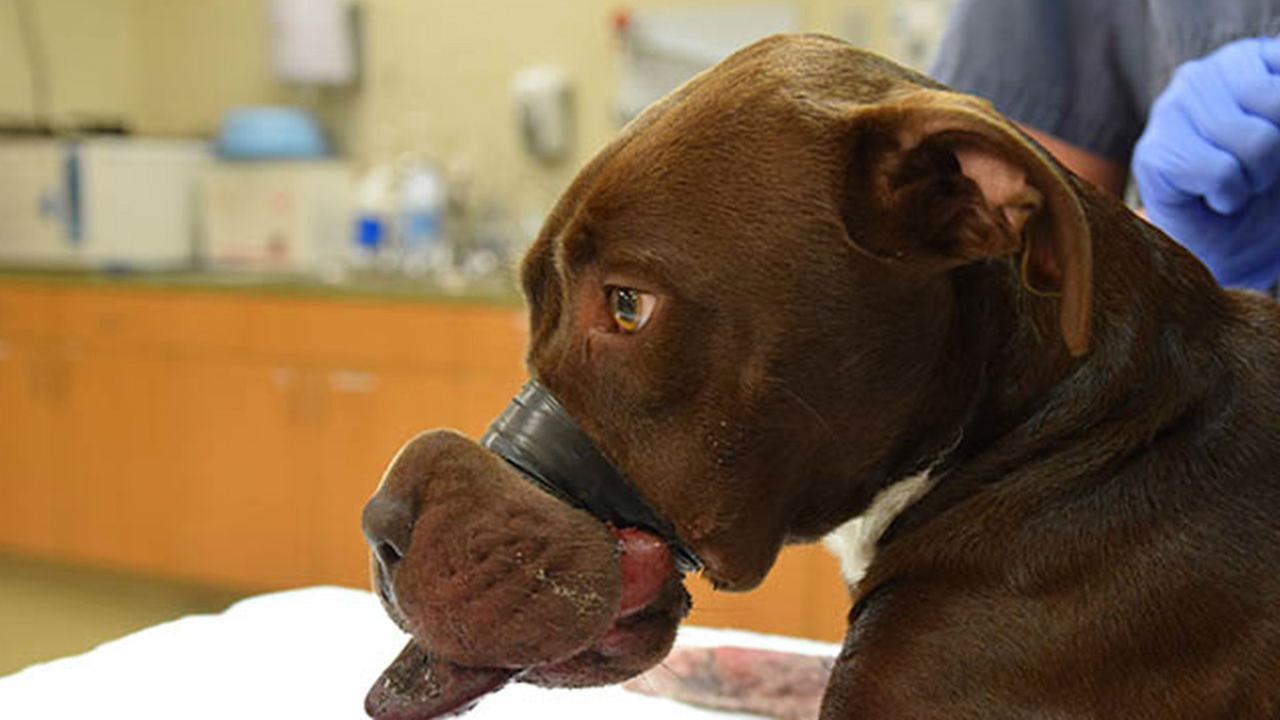The fines and prison sentences for mistreating animals will not be as hard as expected from the project of Animal Welfare Act approved in the first debate on the 26 of July.
 On September 21, after the Constitutional Court determined that the initiative had disproportionate penalties, legislators mitigated punishments.
On September 21, after the Constitutional Court determined that the initiative had disproportionate penalties, legislators mitigated punishments.
Penalties for raising animals to fight, keeping animals in poor hygienic conditions or not collecting their feces on the street will no longer be between ¢ 424,000 to ¢ 848,000, but a quarter to half of that, ¢ 106,000 to ¢ 212,000.
In addition, the text approved in July, states that prison sentences for mistreating animals, organizing fights between them, practice of bestiality (sex with animals), cut off limbs or organs for purposes other than research should be six months to two years. With the proposed changes, punishments would result in three months to one year.
The reformulation of the bill also includes a clear definition of animal and what is considered “sexual acts with animals.”
As for the person who causes, or through another person, the death of an animal, the new jail time proposal is three months to two years. Previous to the new changes the sentence was six months to three years.
None of the penalties automatically result in jail time unless the person is a repeat offender. When sanctions are less than three years, the judges can grant conditional benefit. Then, the sentences become fine days.A penalty of two years amounts to a little more than ¢ 10 million while one year equals about ¢ 5 million.
With the changes recommended by the Constitutional Commission of Inquiry, the project, 18,298 must be submitted again to the first debate in the legislative reunion.
The vote, 2016-013553 of the seven constitutional judges ruled that the plan violated the principle of proportionality and reasonableness in proposed fines and penalties.
Deputy Marcela Guerrero from the Citizen Action Party (PAC) says she is confident that with the corrections noted, the project will become law of the republic in the coming weeks.
Meanwhile, Ronny Monge stated that he did not see the penalties as disproportionate as noted by the judges, especially when computer crimes are penalized with nine years in prison.
In the first debate, out of the 54 lawmakers present, 50 supported the legal initiative, which has lacked the legislative process since October 2011.
According to Monge, the promoters of the project will seek the 38 votes needed to be added to the agenda in order to vote on it again.
By Brenda Sotelo

